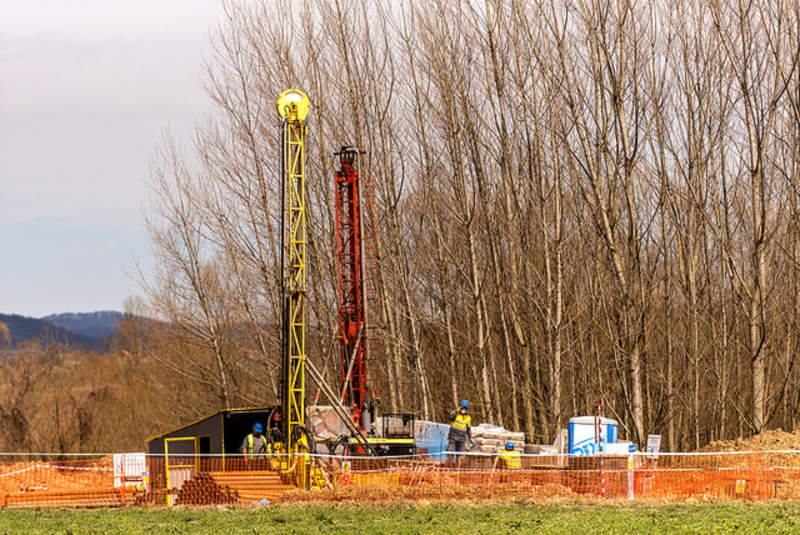
Rio Tinto’s team of experts is working on the development of a new chemical procedure to process jadarite, a mineral known only to occur at Jadar in Serbia.
Discovered in 2004, the mineral contains concentrations of lithium and boron.
The chemical procedure being developed at Rio Tinto’s Technical Development Centre in Bundoora, Australia, is aimed at meeting a significant portion of global demand for lithium and boron.
Demand for lithium is on the rise for its use in batteries used in electric vehicles and mobile phones.
Located around 16km from the company’s Melbourne headquarters, the technical centre is working on groundbreaking methods to reduce jadarite to its component parts.
Rio Tinto Growth and Innovation group executive Stephen McIntosh said: “Our Bundoora Technical Development Centre was established more than 25 years ago. It has a proud history of applying innovative thinking to help us to maximise value in our business.
“The centre is actively involved in applying technical expertise to improve how we find, study, build, optimise and close our operations.”
If the project moves to production, the company will mobilise a pilot processing plant that has been built within a large shipping container to the Serbian mine site.
The announcement was made at the ongoing International Mining and Resources Conference (IMARC) at the Melbourne Convention and Exhibition Centre.
Rio Tinto noted that the Jadar project is currently in the pre-feasibility stage and significant investment is needed to move to feasibility, then to construction and operation.
Studies are ongoing as part of the pre-feasibility stage for evaluation of the technical and economic viability of the project.
In a separate development, the company announced earlier this week that its $1.3bn divestment deal for the Simandou iron ore project in Guinea has collapsed after talks with a Chinese buyer failed.
Two years ago, the company reached a non-binding agreement to sell its 45% stake in the project to Chinalco. The Chinese company already owns a 39.95% stake in the iron ore project.



